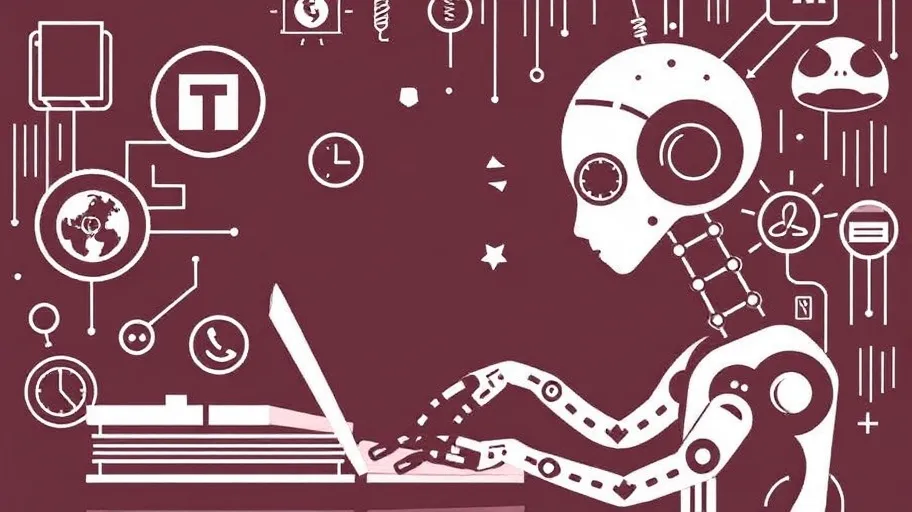- Why Photo AI Tools Are Exploding in 2025
- 📸 The 9 Photo AI Tools That Edit Better Than You
- 1. Adobe Photoshop (AI-Powered Firefly)
- 2. Luminar Neo
- 3. Canva AI Photo Editor
- 4. Fotor AI
- 5. Pixlr (Free Online AI)
- 6. HitPaw Photo Enhancer
- 7. Imogen AI
- 8. Freepik AI Photo Editor
- 9. Aftershoot (for photographers)
- How to Pick the Right AI Photo Editor (Buyer Guide 🛒)
- 5 Pro Tips to Get Maximum Results 🚀
- ⚡ Real Example / Mini Case Study
- 🔍 FAQs (Quick-Answer Style)
- ✨ Conclusion: Your Turn to Test the Cheat Codes
Imagine this: you pour two hours into retouching a portrait, adjusting every highlight and shadow… and then a free AI tool does the same (or better) work in 15 seconds. Painful? Absolutely. Welcome to 2025 — where AI photo editing isn’t just a “helping hand,” it’s the ultimate cheat code for creators.
Why Photo AI Tools Are Exploding in 2025
We live in a content-first economy — TikTok, Insta, YouTube, even LinkedIn want visuals that pop. But here’s the problem:
- Traditional photo editing takes time ⏳
- Good editors are expensive 💰
- Casual creators don’t want a 30-hour Photoshop learning curve
That’s why searches for “best Photo AI tools in 2025” have spiked by 380% this year (Google Trends). AI isn’t just automating busywork; it’s reshaping the creative process. Smart filters, background removal, auto-color grading, and even creative “magic” edits are now one click away.
In other words — if you’re still editing the old way, you’re working harder, not smarter.
📸 The 9 Photo AI Tools That Edit Better Than You
Here’s the lineup of futuristic tools leveling the playing field for creators (and saving careers of impatient editors like me):
1. Adobe Photoshop (AI-Powered Firefly)
- Features: Generative Fill, one-click object removal, AI expand, realistic composites.
- Best For: Professionals who want ultimate control with AI shortcuts layered in.
- Pro Tip: Use “Generative Fill” not just for fixing images, but for expanding canvas without losing realism.
2. Luminar Neo
- Features: Sky replacement, AI relighting, structure enhancer, portrait smoothening.
- Best For: Photographers who need cinematic edits without a steep learning curve.
- Why It’s Better: Takes what used to be 20+ slider adjustments and condenses it to one click.
3. Canva AI Photo Editor
- Features: Background removal, AI magic eraser, smart resize, AI enhancer.
- Best For: Content creators & marketers editing for social media.
- Highlight: Doubles as a design + content tool, not just an editor.
4. Fotor AI
- Features: AI image enhancer, one-tap beauty retouch, batch editing.
- Best For: Beginners who want a balance of power and speed.
- Special Sauce: Easy interface — grandma can edit her vacation photos here.
5. Pixlr (Free Online AI)
- Features: Browser-based editor with AI cutouts, overlays, and filters.
- Best For: On-the-go editing, freelancers, students.
- Why It Wins: 100% free with pro-level templates.
6. HitPaw Photo Enhancer
- Features: AI denoise, face sharpener, image upscaler.
- Best For: Low-resolution images, restoring old photos.
- Pro Hack: Drag in scanned vintage photos — HitPaw resurrects them in seconds.
7. Imogen AI
- Features: Adaptive style enhancer, color correction, auto-cropping.
- Best For: Bloggers, portfolio builders, quick auto-stylized edits.
- Unique Edge: Learns from your editing style the more you use it.
8. Freepik AI Photo Editor
- Features: AI filters, instant cutouts, design tweak integration.
- Best For: Designers wanting quick source images for projects.
- Big Draw: Syncs with Freepik’s massive asset library.
9. Aftershoot (for photographers)
- Features: AI culling, post-shoot editing, image suggestion.
- Best For: Wedding & event photographers drowning in 1,000+ shots.
- Game Changer: Reduces 6 hours of “photo selection pain” into 20 minutes.
How to Pick the Right AI Photo Editor (Buyer Guide 🛒)
Before smashing that “download” button, check this mini framework:
- Ask yourself: Am I editing for social content, professional photography, or personal use?
- Check compatibility: Some tools run cloud-only, others need heavy GPU power.
- Pricing: Canva & Pixlr = free/affordable, Adobe = premium but pro-level.
- Avoid mistake #1: Chasing features you don’t actually use (it’ll waste money + overwhelm you).
5 Pro Tips to Get Maximum Results 🚀
- Don’t just rely on presets — tweak outputs for unique branding.
- Batch-process images to save 70% editing time (especially in Fotor or Aftershoot).
- Combine AI tools — e.g., upscale with HitPaw, then color-grade in Luminar.
- Save your AI “before vs after” files — great for showcasing client value.
- Learn prompt tricks (in generative editors like Firefly) — wording matters as much as sliders.
⚡ Real Example / Mini Case Study
Take “Nina,” a wedding photographer in Mumbai. She shot 3,000+ images in one day. Normally, sifting and editing would take two weeks. With Aftershoot AI + Luminar Neo, she culled, enhanced skin tones, balanced exposures — all in 36 hours. Clients got faster delivery, and she booked two extra weddings that month.
👉 That’s not just faster editing, that’s business growth powered by AI.
🔍 FAQs (Quick-Answer Style)
Q1. Are AI photo editors better than manual editing?
Not always — pros still need to refine details. But for 80% of routine edits, AI is faster and more accurate.
Q2. What’s the best free AI photo editor?
Pixlr is the best free option; Canva free plan also covers basics.
Q3. Will AI replace professional photo editors?
No — but it will replace boring manual steps, letting editors focus on creativity.
Q4. Can AI improve old/vintage photos?
Yes. Tools like HitPaw Photo Enhancer specialize in sharpening old images.
Q5. Which tool is best for social media visuals?
Canva AI — because it pairs editing + content templates.
✨ Conclusion: Your Turn to Test the Cheat Codes
AI photo editing in 2025 isn’t a “trend” — it’s the baseline. Whether you’re a seasoned photographer or just someone posting reels, the right AI tool can make your work look 10x better in 1/10th the time.
So — stop spending nights wrestling with contrast sliders. Try one of these 9 Photo AI tools this week. Let the machines handle “pixel perfection” while you focus on creative storytelling. 🚀

